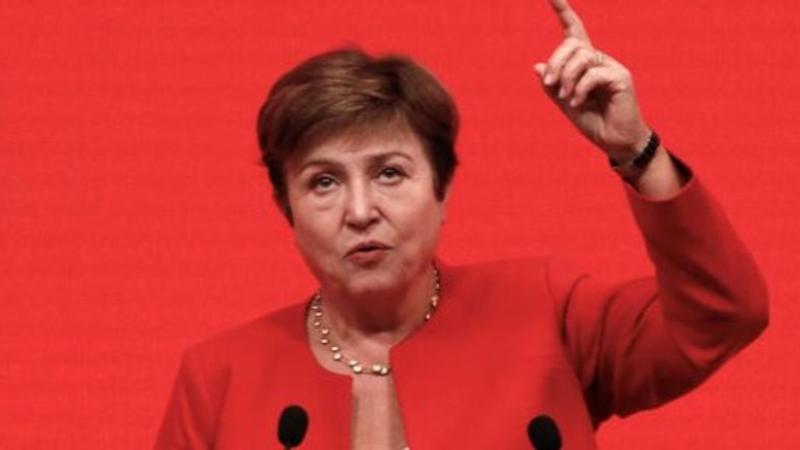OPINION
Published 21:47 IST, April 16th 2024
Austerity is a bad economic answer at a worse time
Global GDP will expand by 3.2% this year and the next, the Fund's World Economic Outlook says.

IMF's World Economic Outlook | Image:
IMF's World Economic Outlook
Advertisement
Loading...
21:47 IST, April 16th 2024





